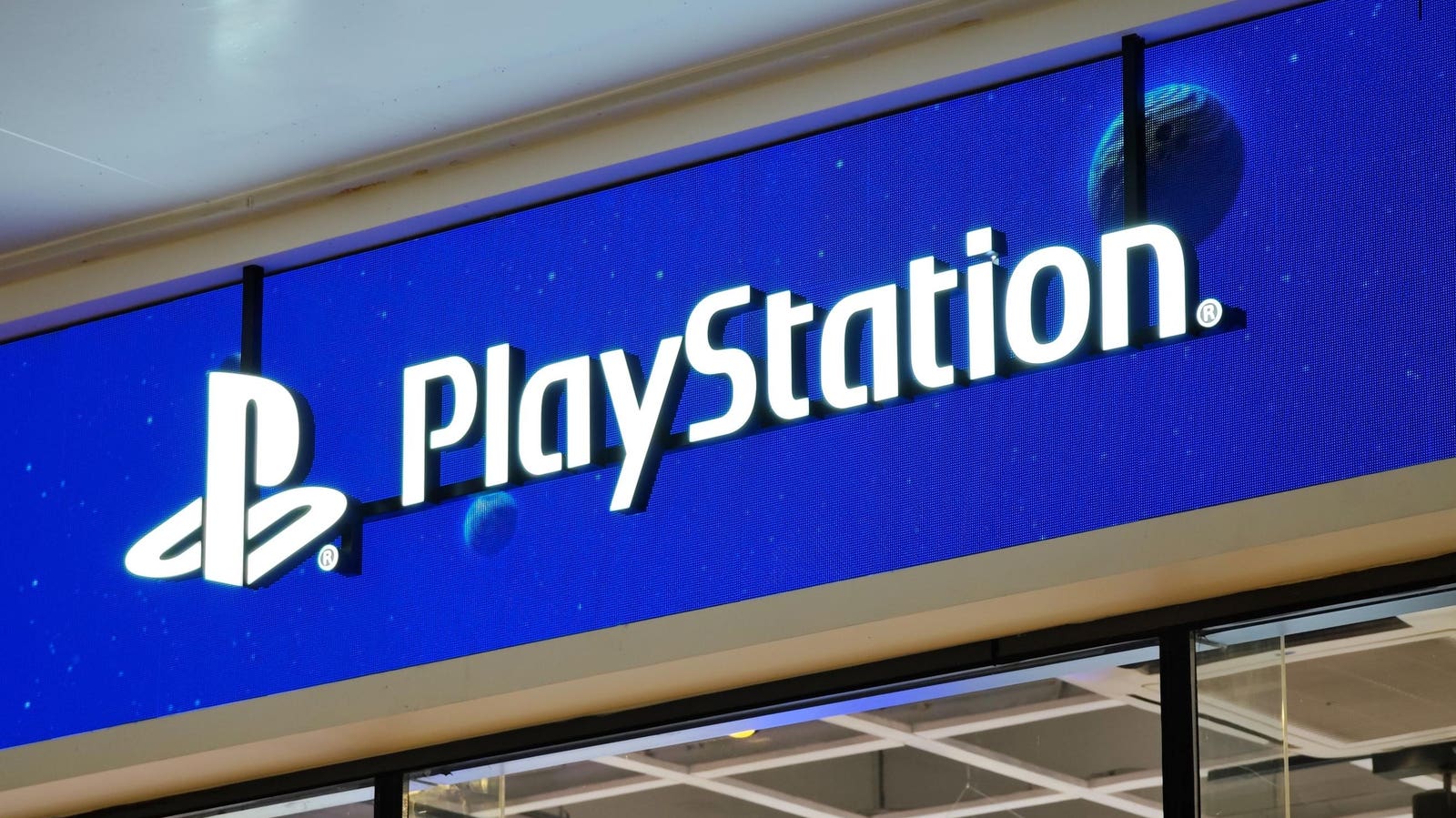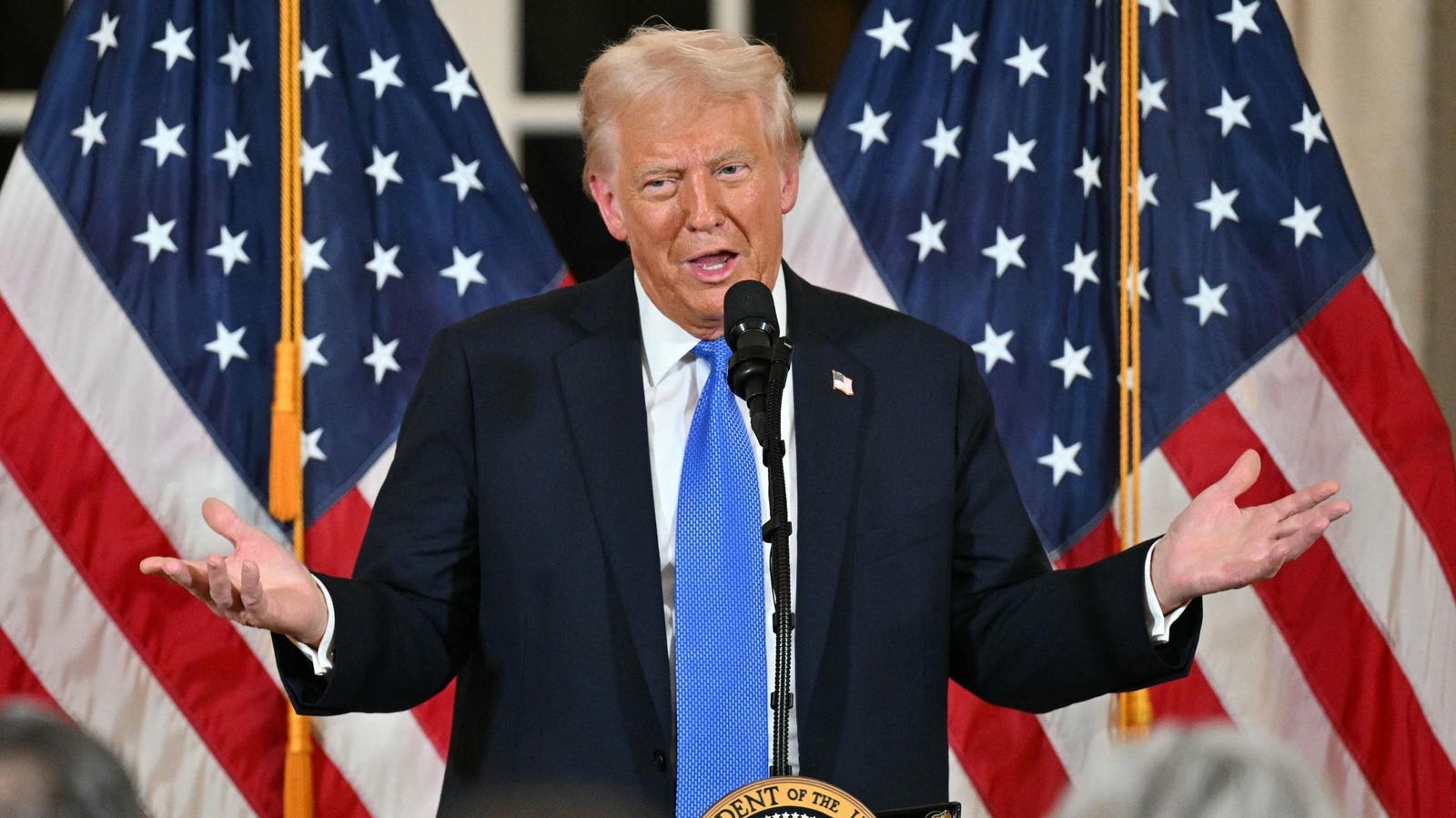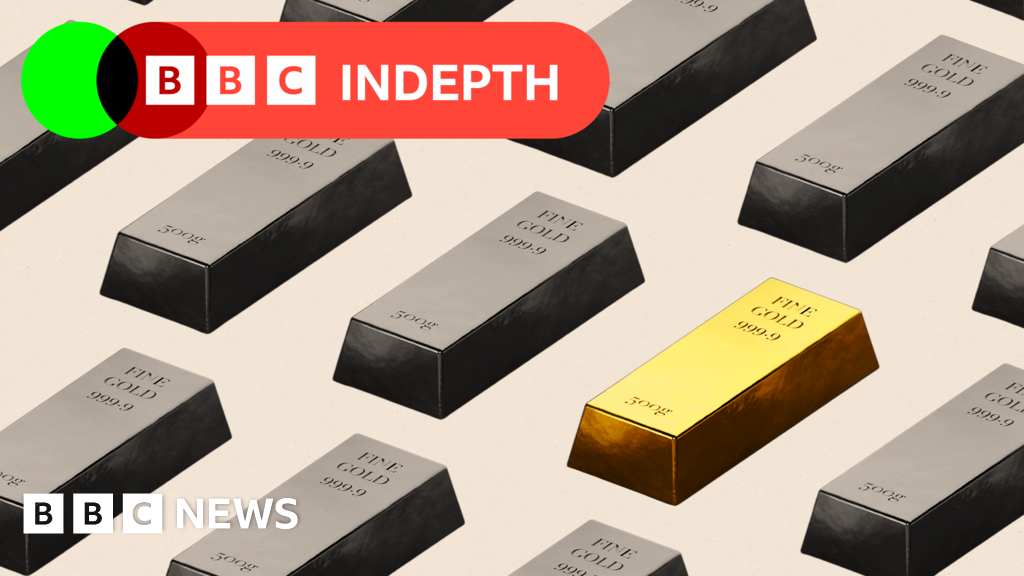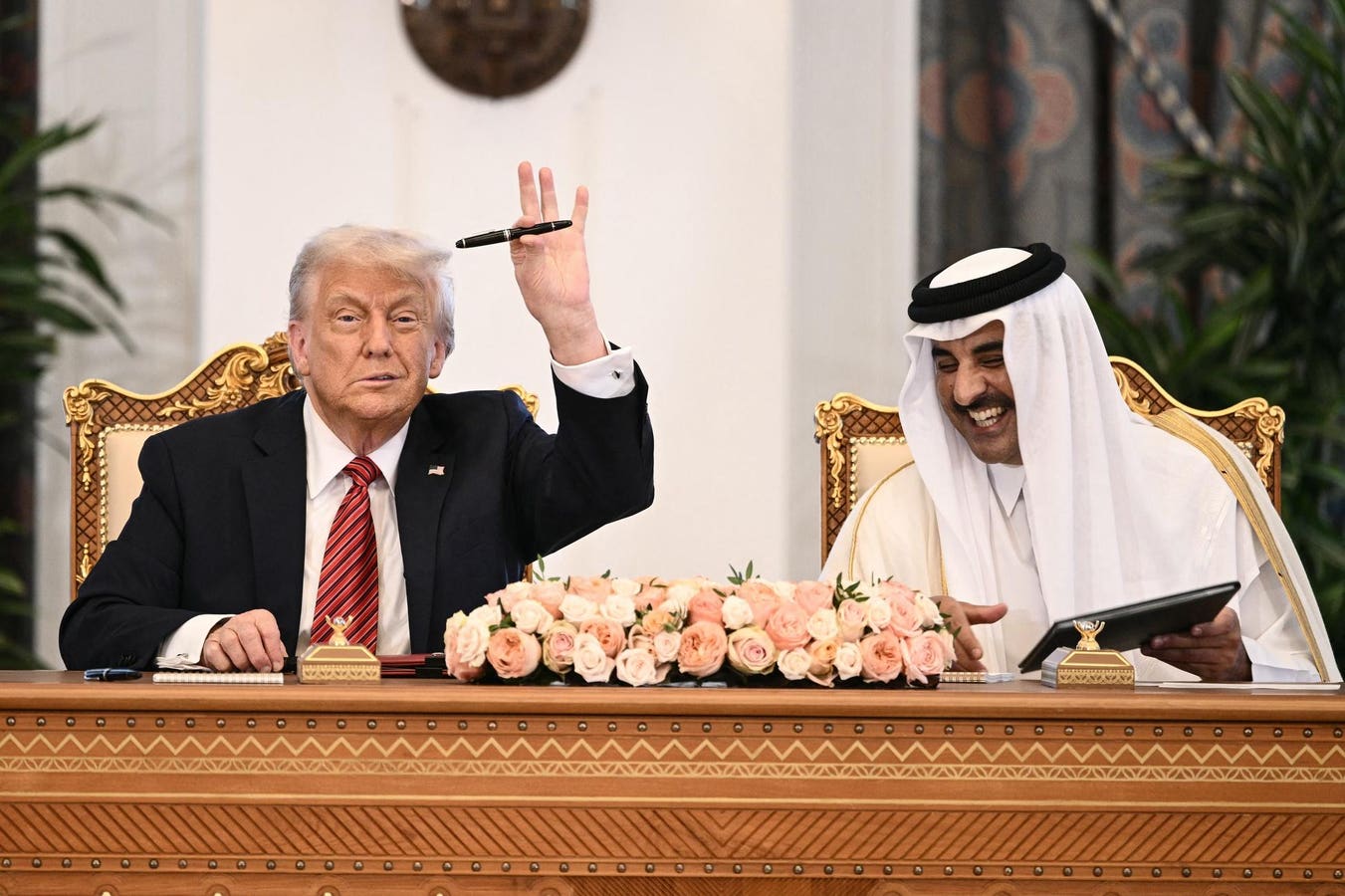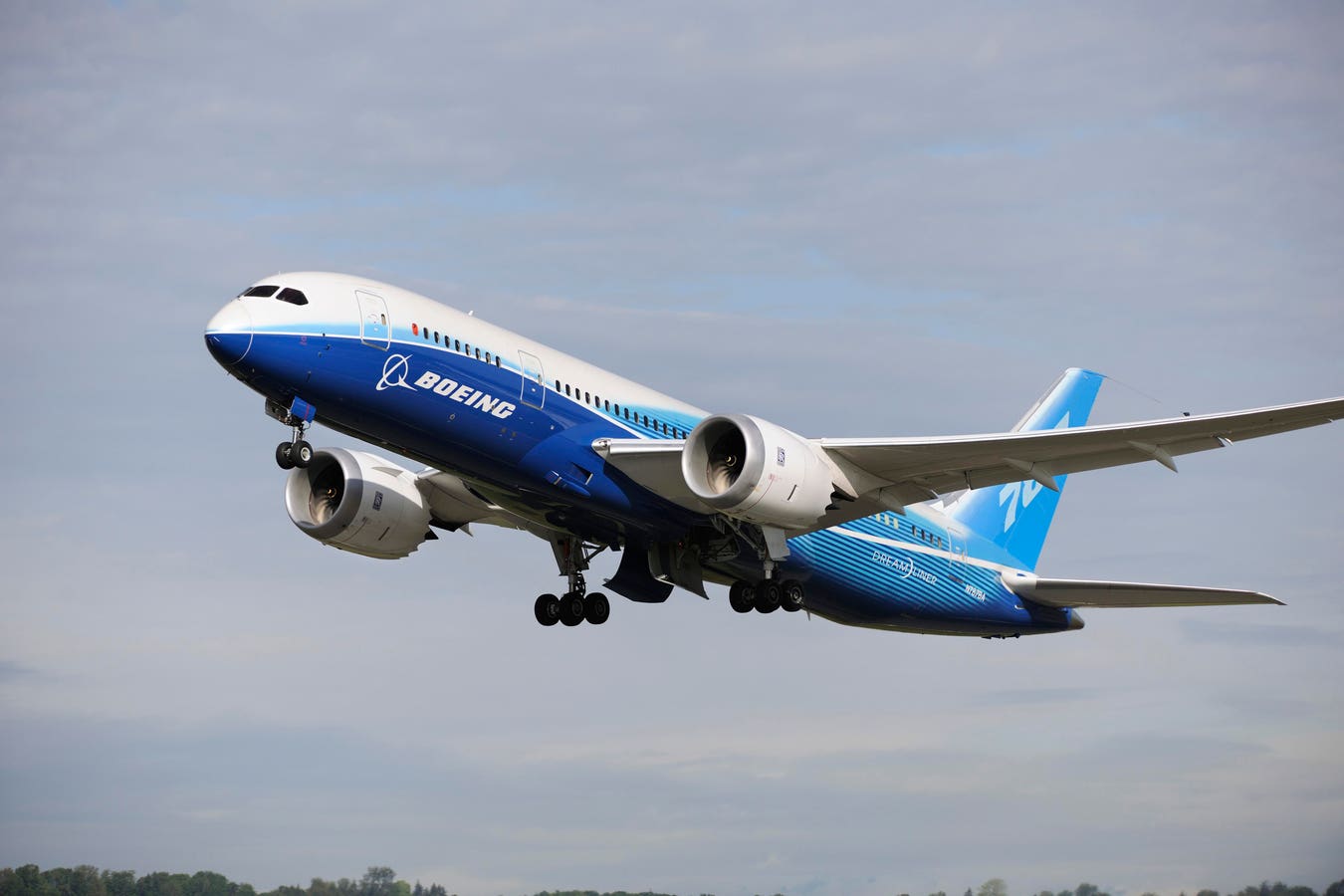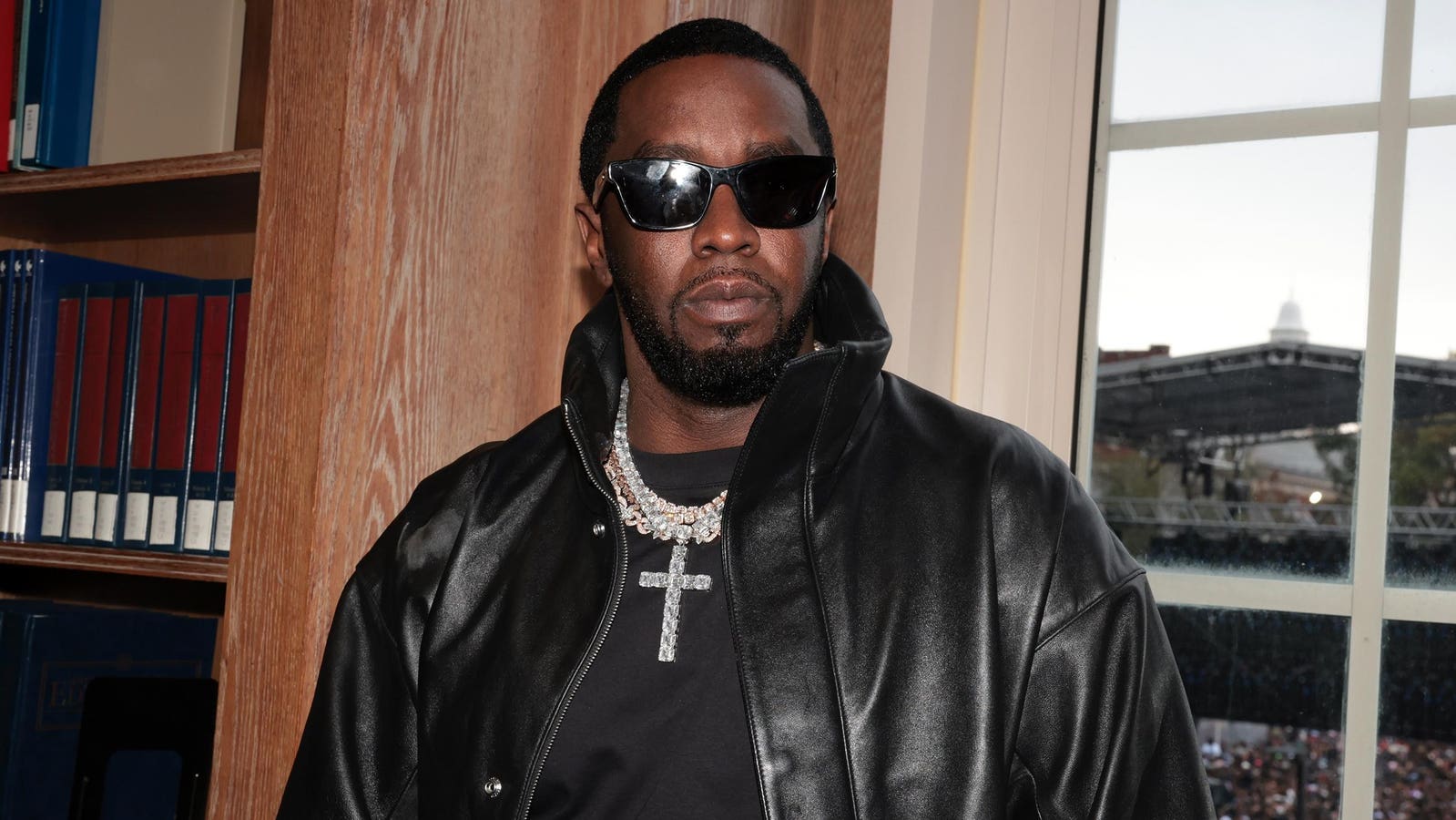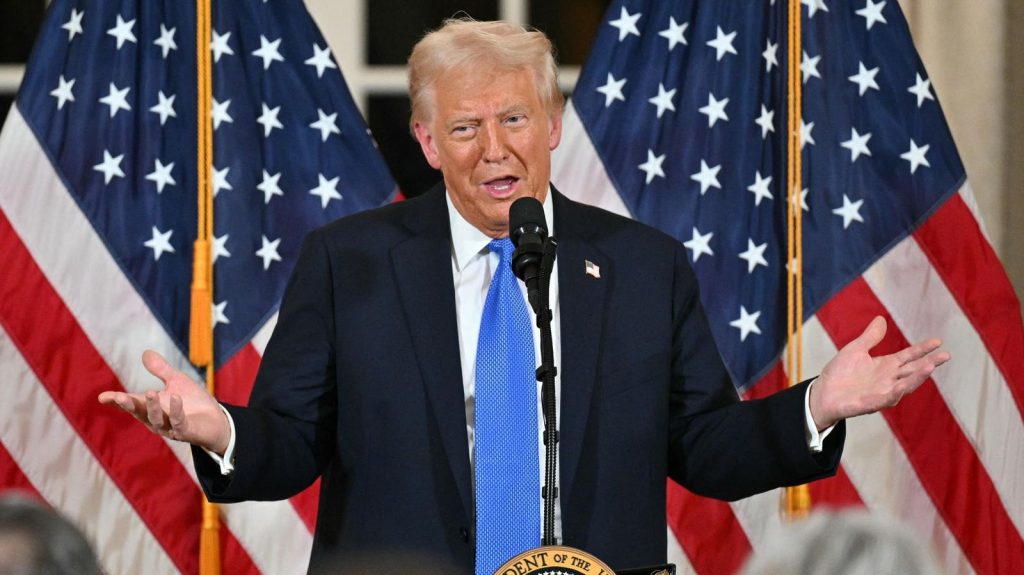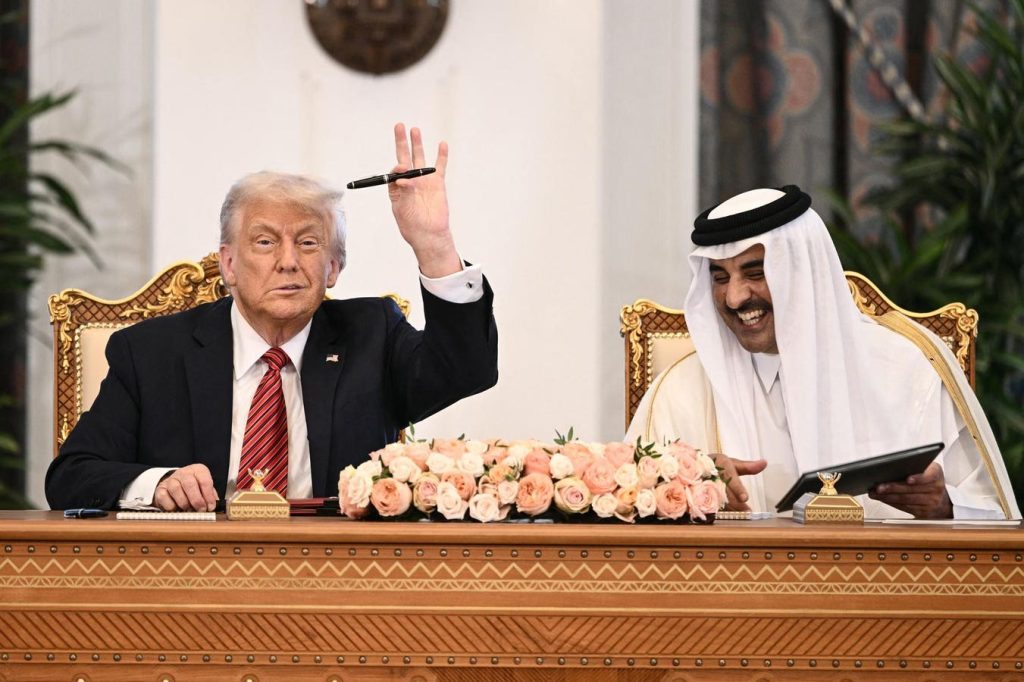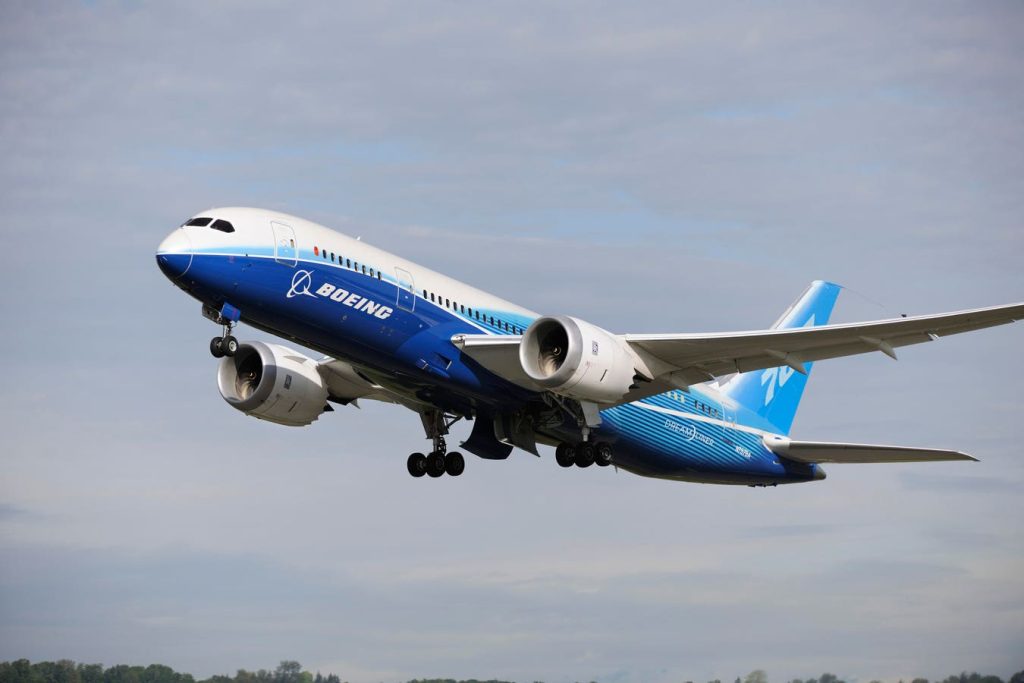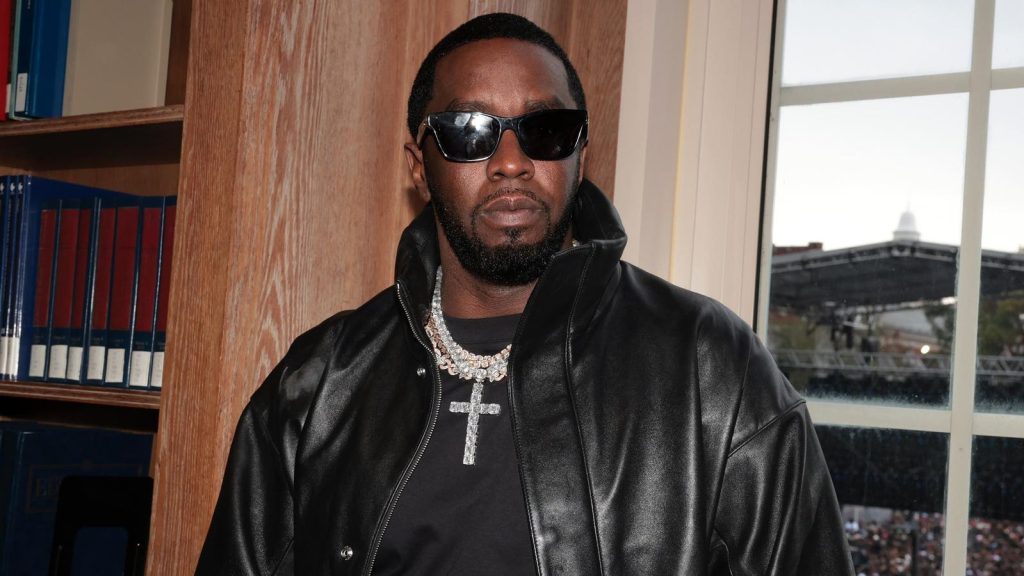Topline
Sony said Wednesday it may either hike prices on consumer goods or move its PlayStation manufacturing to the United States to ease the expected burden of President Donald Trump’s tariff policy, possibly joining Nintendo and Microsoft in raising prices for gamers.
Sony warned it may hike prices on consumer goods in an earnings call. (Photo credit should read … More CFOTO/Future Publishing via Getty Images)
Key Facts
Sony CFO Lin Tao said during an earnings call Wednesday the tariffs will impact its hardware, gaming and semiconductor production, which may lead the company to increase prices on consumer goods, though she did not mention the PlayStation 5 by name.
Hiroki Totoki, Sony’s president, said the PlayStation 5, which is currently mostly produced in China, could instead be produced in the United States to avoid tariff hikes—though gaming publication Polygon reported moving its manufacturing capabilities could take years.
Sony already hiked PlayStation 5 prices abroad following Trump’s tariff announcement: The company raised the console price by 25% in Europe, Australia and New Zealand in April, citing “a challenging economic environment, including high inflation and fluctuating exchange rates.”
Joost van Dreunen, a New York University Stern School of Business professor who teaches about the business of video games, told Forbes that because Sony has “raised prices everywhere except the U.S., it’s safe to say that’s where we’re headed next.”
Van Dreunen called Sony’s possible pivot to U.S.-based manufacturing “strategically fraught” because the company would have to coordinate labor, suppliers and other manufacturing logistics: “Even if the PS5 and PS6 can be built domestically, it’s not clear that it should be.”
Sony projected lower PlayStation sales in the coming year with about 15 million units shipped, down from the 18.5 million units shipped in the year ending March 2025 and nearly 21 million the year prior.
Also weighing on the PlayStation 5’s outlook is the delay of the highly anticipated Grand Theft Auto VI, Bloomberg reported, which was slated to release later this year but was pushed to May 2026, which could depress console sales.
Crucial Quote
“In the bigger picture, this is a warning shot for consumers: physical goods, especially high-end hardware, are going to get more expensive,” van Dreunen told Forbes, warning that “companies need buffer room to manage profitability. That means higher prices.”
How Have Trump’s Tariffs Impacted Video Game Prices?
On the same day Trump announced his “Liberation Day” tariffs, affecting nearly every country, Nintendo announced the long-awaited sequel to its Switch gaming console, the Switch 2, at a higher price than many gamers and analysts expected. The console carries a $450 price tag, 50% higher than the $300 the original Switch cost at launch in 2017. Joost van Dreunen, a New York University Stern School of Business professor who teaches about the business of video games, previously told Forbes the high prices were likely set so Nintendo could build a buffer to mitigate impacts of tariffs, as the Switch consoles are primarily produced in China and Vietnam. Some upcoming games for the Switch 2, including “Mario Kart World,” carry an $80 price tag, breaking the previous industry standard of $70 for games. Weeks later, Microsoft announced it would raise prices on its Xbox consoles by at least 20% per model, citing “market conditions” and the rising costs of production. The cheapest Xbox console, the Series S with 512 GB of storage, jumped in price from $299.99 to $379.99, while the most expensive model, the Xbox Series X 2TB Galaxy Special Edition, rose from $599.99 to $729.99. The company also announced it would sell some of its games for $80 in time for the holiday season, following Nintendo’s lead in breaking the previous $70 price standard.
Chief Critics
Matt Kahla, a gaming content creator with more than 660,000 TikTok followers, urged followers in a video to buy PlayStation consoles before any potential price increases and suggested Sony should keep prices below competitor companies to appeal to customers. DreamcastGuy, a video game streamer with more than 245,000 YouTube subscribers, said in a video Wednesday he fears video game prices won’t go back down even if tariffs ease, criticizing Sony and other gaming companies for considering price increases that could make gaming “prohibitively expensive.” Some gamers also criticized Sony’s possible price hikes on Reddit. “Remember when consoles became cheaper over time? Its been sooo long,” one of the top comments in a thread on Sony’s possible price hikes in the gaming subreddit states. Other gamers in the Reddit thread accused gaming companies of using the tariffs as an excuse to raise prices and said the higher prices are not “pro-consumer.”
How Much Did The U.s. And China Lower Tariff Rates?
The United States and China announced a 90-day pause on their increasingly high tariff rates earlier this week, marking a reprieve to their trade war. The U.S. tariff rate on Chinese goods will drop from 145% to 30%, while China’s tariffs on U.S. products will fall from 125% to 10%.
Further Reading
Microsoft Hikes Xbox Prices—Games Hit $80 And Console Prices Jump More Than 20% (Forbes)
US And China Agree To Roll Back Most Tariffs For 90 Days As Negotiations Continue (Forbes)

